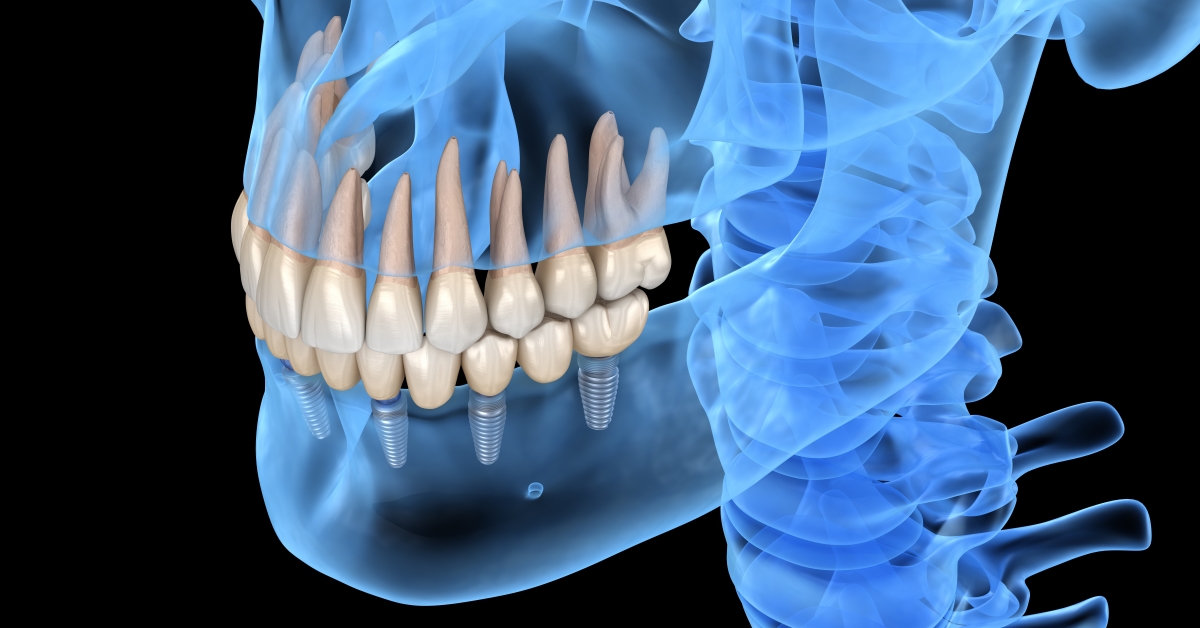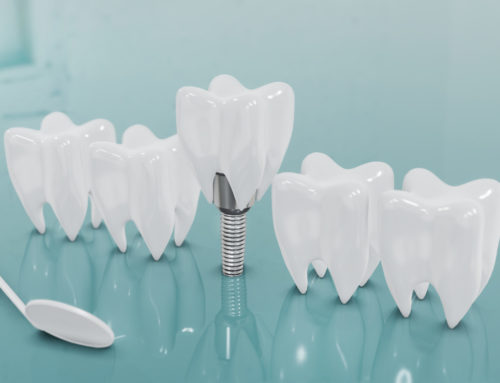Believe it or not, many people still dread the idea of having dental implant surgery. The prospect of a painful operation and an even more painful recovery can certainly send shudders down your spine. Thankfully, modern dental surgery procedures and techniques are nothing like what you may imagine them to be. Medical dentistry and oral surgery have advanced tremendously over the years. That’s why today, you can expect a dental implant procedure to be slightly less invasive and less painful. Learn more about how today’s oral maxillofacial surgeons perform implant surgeries and help you keep discomfort down to a minimal.
The Modern Dental Implant Procedure
In the past, implants were painful because dentists had to make a deep incision into the jaw tissue to locate where to place the implant. Sedation would help remove some of the discomforts from the procedure, but the recovery process was still long and painful.
Modern methods make use of 3D X-rays, CT scans, and computer-guided placements to locate precisely where the implant should go. This reduces or eliminates the need for making additional incisions in the tissue. Furthermore, with the technological advancements in surgical techniques, dental implant procedures take less time and with minimal complications.
Oral surgeons also use a minimally invasive tissue punch. This helps create a way for the base implant to be grafted onto your jaw bone. Once your bone is fully healed, surgeons will then install your permanent abutment for the implant. Decades ago, surgeons used animal bone for implants, while also taking on the “one size fits all†philosophy. Today, patients can get the precise implant fitting based on the location and type of replacement tooth they need.
Modern Pain Management Methods During Recovery Time
Decades ago and very early in dental implant surgery patients would have to stay in the hospital to recover from surgery. Also, the pain was always a major factor in how well and how quickly patients could recover. Back then, surgeons would have to prescribe opioid medications because it was the only alternative.
However, these days surgeons have other effective options to help patients manage pain. For example, dental physicians now use Exparel, a non-addictive sedative that patients can also use temporarily for post-surgical pain management during recovery and downtime. When patients follow their aftercare instructions properly, they tend to recover well and experience a lot less pain.
Furthermore, with procedures becoming more precise and less invasive, patients may experience some level of pain and discomfort after dental implant surgery, but it’s less. Their downtime is also much less than it used to be in the past. Patients can use ice and regular OTC medications to manage the slight discomfort that they may experience a week or so after surgery.
Dental Implant Procedures Also Won’t Hurt Your Wallet
Not only are today’s dental implant procedures less painful, but they are also far more affordable. When most patients conduct a cost comparison of implants and dentures or bridges, they quickly learn that implants ultimately save money. Though implants are more of an investment in upfront costs, they ultimately save in the end and last up to 60 years! And with today’s various payment options, dental implants are more affordable than ever.
If you have missing teeth, you don’t have to suffer any longer. Connect with the experienced dental physicians of OMSH in Houston. Call us directly for more information at 713-804-6055.





